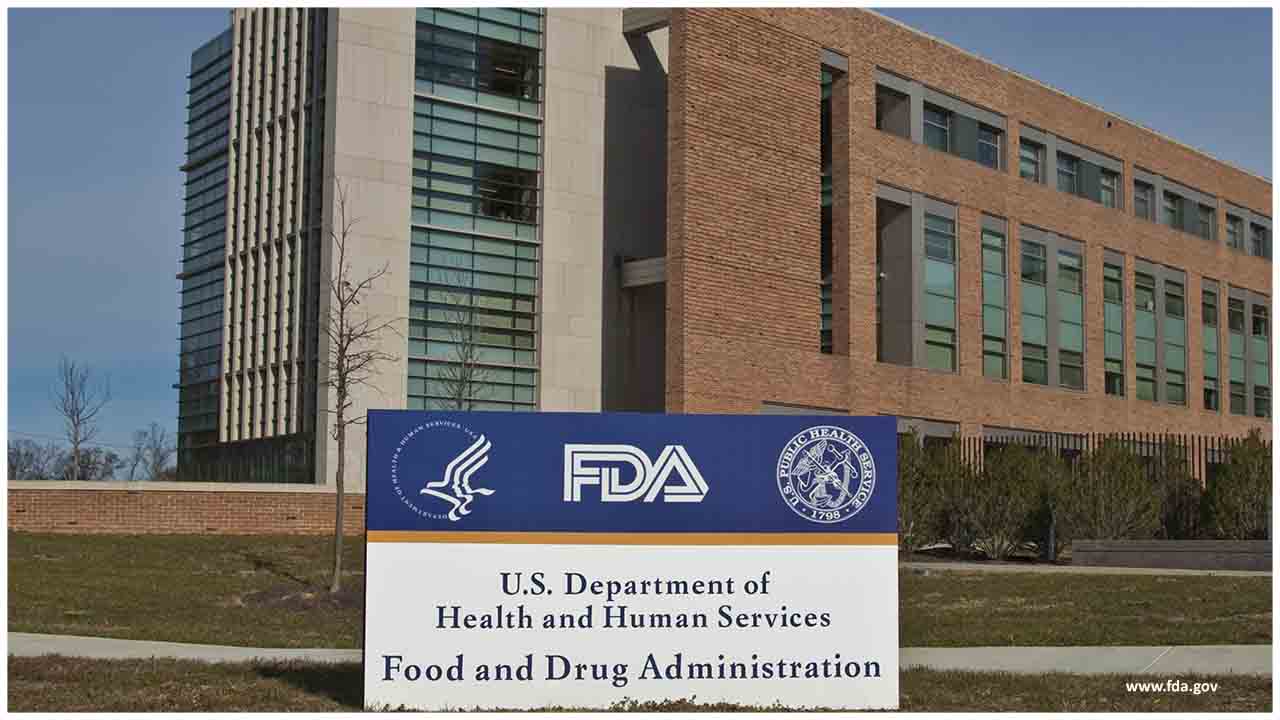MedAlliance has announced enrollment of the first patient in its study of SELUTION SLR 014 DEB for the treatment of In-Stent Restenosis (ISR). This is the first DEB accepted by the FDA for its 'Breakthrough Program'. The SELUTION SLR (Sustained Limus Release) is a novel sirolimus-eluting balloon that provides a controlled sustained release of drugs, similar to a drug-eluting stent (DES).
The objectives of this prospective, randomized, single-blind multicenter study are to demonstrate the safety and efficacy of SELUTION SLR in the treatment of ISR with either drug-eluting or bare-metal stents (BMS). The study will support the submission for FDA approval.
"This first patient was treated with the investigational device after suffering a DES ISR. We are delighted to be able to offer our patients this promising new technology," commented Professor Pascal Vranckx, Hartcentrum Hasselt, Belgium. "We are excited to participate in a study that validates this novel technology for ISR treatment. SELUTION SLR may provide an additional treatment option for these patients. We very much look forward to the results of this study."
Up to 418 subjects will be recruited into the study at approximately 60 sites across both the US and Europe. Subjects need to have a BMS or DES ISR involving a native coronary artery with a reference vessel diameter (RVD) of 2.00 – 4.50 mm to qualify for inclusion. Subjects will be randomized to receive either SELUTION SLR or Standard of Care (SOC) – a control group with a current DES or a non-drug eluting balloon angioplasty.
The primary endpoint for the effectiveness of the study is Target Lesion Failure (TLF): defined as all cardiac death; target vessel myocardial infarction; or clinically driven Target Lesion Revascularization (TLR) at 12 months.
Subjects will be followed up at one month, six months, 12 months and then annually through five years.
"This is a particularly important study for MedAlliance," explained Chairman and CEO Jeffrey B. Jump. "No coronary drug-eluting balloon has yet been approved in the US, where ISR currently represents 11% of all stent implantations. We are excited to introduce this breakthrough technology to help patients around the world."
The Principal Investigator of this study is Donald Cutlip, Professor of Medicine at Harvard Medical School and Chief Medical Officer at the Baim Institute for Clinical Research. Professor Cutlip helped design the study in consultation with the Institute.
SELUTION SLR's technology involves unique MicroReservoirs made from biodegradable polymer intermixed with the anti-restenotic drug sirolimus. These MicroReservoirs provide controlled and Sustained Limus Release (SLR) of the drug. Extended-release of sirolimus from stents has been demonstrated highly efficacious in both coronary and peripheral vasculatures. MedAlliance's proprietary CAT™ (Cell Adherent Technology) enables the MicroReservoirs to be coated onto balloons and adhered to the vessel lumen when delivered via an angioplasty balloon.
SELUTION SLR was awarded CE Mark Approval for the treatment of peripheral artery disease in February 2020 and for the treatment of coronary arterial disease in May 2020. It is now is available in Europe and all other countries where the CE Mark is recognized. The global market for DEB is estimated to be $2 Billion.

 Up to 418 subjects will be recruited into the study at approximately 60 sites across both the US and Europe
Up to 418 subjects will be recruited into the study at approximately 60 sites across both the US and Europe










.jpeg)






.jpeg)





.jpeg)



.jpeg)
.jpeg)
